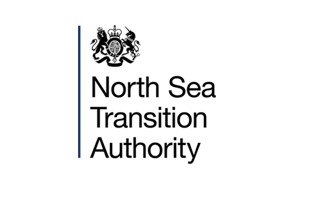
Oil and gas currently contribute around three quarters of UK energy requirements and all forecasts point to them being needed for heat, power and transportation in the future. And even as demand declines, the UK is expected to be a net importer of both out to 2050.
Therefore, supporting the economic recovery of North Sea production while, at the same time, minimising greenhouse gas emissions is essential. Analysis has shown that that domestically produced gas is on average almost four times cleaner than importing gas in LNG form
Furthermore domestically produced oil and gas is not only beneficial to energy security and the energy transition, but also creates wider economic benefits including jobs and future revenue for the exchequer.
The North Sea Transition Authority plays a vital role in this. We regulate the licensing of exploration and development of the UK’s offshore and onshore oil and gas resources, gas storage and unloading activities.
The 33rd oil and gas licensing round launched in October 2022 and the UK’s first-ever carbon storage licensing round opened in June 2022, and resulted in 21 licences being awarded.
Effective asset stewardship, and supporting exploration through field development to decommissioning, helps the aims of optimising efficiency and ensuring economic recovery, and supporting the drive to net zero carbon by 2050, while maintaining rigorous standards of safety and environmental management.
Effective stewardship is achieved when assets are in the hands of those with the will, behaviours and resources to do the right things to identify and pursue opportunities.
Should the NSTA become aware of behaviours that indicate a lack of awareness of the obligations imposed by the OGA Strategy, the NSTA have a range of powers allowing us to intervene. Further details can be found here.


